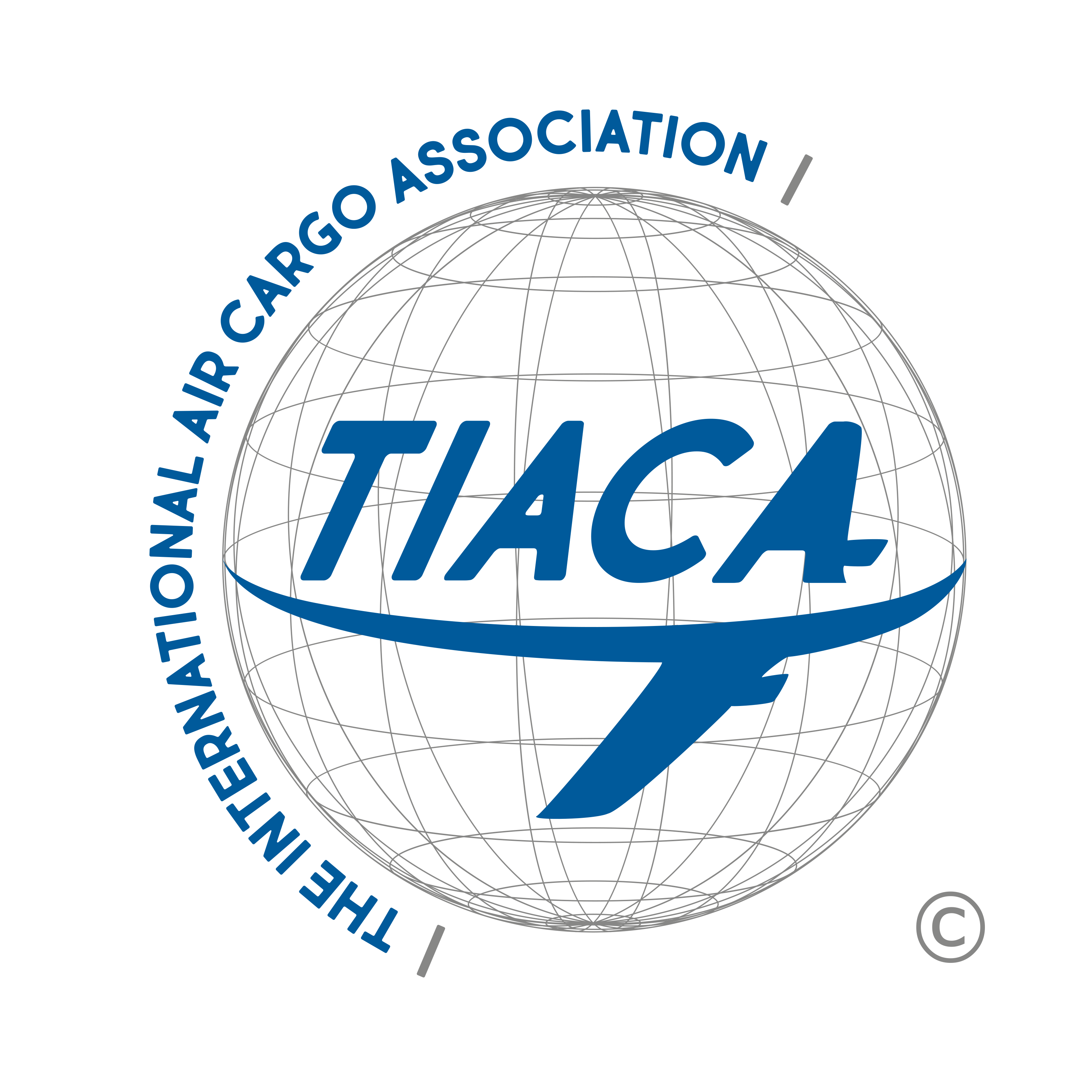Sustainability Labels for ULDs: How VRR is Leading the Way
Article submitted by: VRR
2023 Air Cargo Sustainability Award Finalist – Start-up/Small Business Category
Have you noticed it yet? The surge in demand for sustainability labels on everyday products, from electronics and food to furniture and paint. Consumers are becoming increasingly eco-aware in their purchasing habits, so they want to check that the companies they buy from meet their green expectations. It’s no different in the air cargo industry. More and more of your customers and supply chain partners want to know how committed you are to eco-conscious practices.
However, creating bespoke sustainability labels when there are no standardised definitions of a product’s environmental attributes is tricky. How can you foster trust and shield yourself against greenwashing using vague terms like “eco-friendly” and “sustainable”? Faced with the absence of standardised sustainability labels for Unit Load Devices (ULDs), manufacturer VRR has taken the initiative to develop an industry-wide system.
Turning sustainability into corporate policy
VRR has always focused on designing innovative, perfect-fit solutions for the air cargo industry, hence its reputation for quality, creativity and forward-thinking. So, it’s no surprise that sustainability has become a strategic priority for the company.
“We’ve always wanted to impact our industry positively,” says Ben Lakerveld, VRR’s Sales & Marketing Manager. “Over the years, we’ve carried out several carbon-reducing projects. But now sustainability is a strategic and operational imperative. It’s changing the way we do business.”
Employees are invited to participate in initiatives based on four strategic pillars: Product, People, Emissions and Governance. Initiatives range from installing solar panels and insulating the factory to separating waste flows and using company EVs. There’s even a travel policy designed to decrease emissions and a vitality programme to encourage a healthy working environment.
“At the heart of every initiative is our genuine concern for our products, the people around us, and our beautiful planet,” says Lakerveld. “We really care, and we hope that comes through in how we conduct ourselves and the products we make.”
Advocating a sustainability labelling scheme for ULDs
VRR’s latest initiative is an industry-wide sustainability label for ULDs. The incentive was an inability to categorise their products according to environmental performance standards, but the inspiration comes from the residential energy labelling programmes that many governments use to assess a home’s energy performance.
The manufacturer believes that sustainability labels for products—also known as ecolabels—would help the supply chain make more sustainable and eco-conscious choices when buying or leasing ULDs. Moreover, there’s a strong belief that such a scheme would be well received across the air cargo industry.
“I pitched the idea at ACHL 2023 in Athens,” says Lakerveld, “and I was delighted to see the audience’s positive reaction. We plan to move ahead with this project in collaboration with ULD CARE and several other industry partners.”
Seeking unity on sustainability standards
Finding consensus on a sustainable ULD is the first hurdle. The industry needs to agree collectively on the criteria that make a ULD “environmentally preferable”. Weight is an obvious contender because the lighter a container, the fewer emissions it generates during transportation. However, there are other significant elements such as the impact of material production, energy consumption in manufacturing and end-of-life systems.
“Of course, we understand that our proposed scheme can only work when the whole industry endorses it,” admits Lakerveld. “That means original equipment manufacturers, airlines, freight forwarders, and ULD lessors coming together.”
VRR is optimistic that standardised sustainability labels are within reach and will encourage the air cargo industry to move as one in the right eco-direction. We eagerly await to see the project’s progress. In the meantime, if you would like help making your ULD operations more eco-friendly, please drop Ben Lakerveld a line at sales@vrr.aero. He welcomes all feedback.

